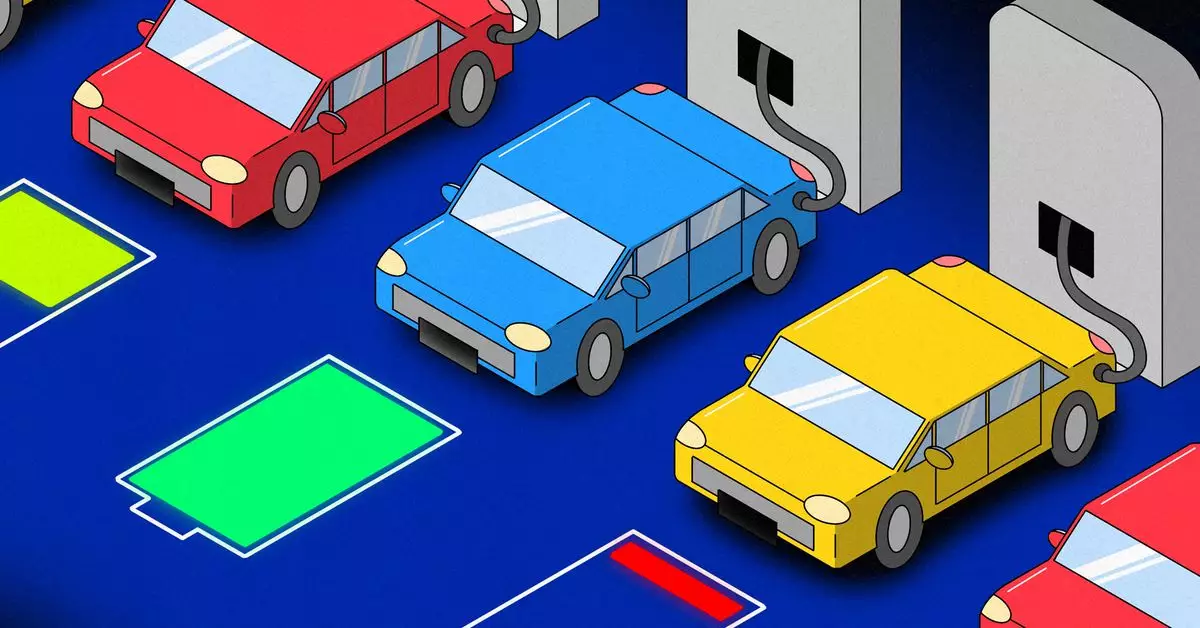Electric vehicles have been marketed as the future of transportation, with numerous benefits over traditional gas-powered vehicles. One of the main advantages touted is the belief that EVs require less maintenance. No oil changes, less mechanical complexity, and fewer moving parts are often cited as reasons why EVs are superior. However, a recent study by JD Power has shed light on some hidden problems plaguing electric vehicles.
According to JD Power’s latest quality study, electric vehicles, including battery-electric and plug-in hybrid models, performed worse than their gas-powered counterparts in various repair categories. The study measured quality based on reported problems per 100 vehicles of a particular brand. Surprisingly, owners of internal combustion vehicles reported 180 problems per 100 vehicles, while EV owners reported significantly higher at 266 problems per 100 vehicles.
The problems reported by EV owners were not related to the mechanical components of the vehicles, such as motors and batteries, but instead focused on the technology components. Owners of high-tech electric vehicles experienced issues that required them to visit the dealership at a rate three times higher than gas-powered vehicle owners. These problems ranged from advanced driver-assist system malfunctions to infotainment touchscreen headaches.
Tesla’s Decline in Quality
Historically, Tesla has outperformed legacy automakers in JD Power surveys due to its innovative technology and design. However, the latest study shows that Tesla’s quality ratings have declined, now aligning with other automakers. Major design changes, such as the removal of traditional controls and the emphasis on software features, have contributed to Tesla’s diminishing performance in quality assessments.
One of the primary complaints from EV owners revolved around the difficulty of integrating smartphones with the vehicle’s native software. Issues with connecting smartphones, losing connections, and navigating infotainment systems have frustrated customers. JD Power’s findings revealed that over 50% of Apple users and 42% of Samsung users encounter problems with integrating their smartphones into their vehicles seamlessly.
The study emphasized that brands with the fewest reported problems tend to have higher customer loyalty. Truck owners, in particular, exhibit strong brand loyalty, with Ram being rated as the number one brand in the survey. Repeat buyers of a particular brand are less likely to report problems compared to those who experiment with new brands or powertrains.
As the automotive industry transitions from traditional gas-powered vehicles to high-tech electric models, customers are experiencing growing pains. The integration of cutting-edge technology and increased software complexity has led to a rise in reported problems with EVs. The shift from mechanical to digital components has created a challenging landscape for both automakers and consumers.
The allure of electric vehicles must be weighed against the potential technical challenges they may present. While EVs offer numerous benefits in terms of sustainability and efficiency, consumers should be aware of the hidden problems that can arise. Manufacturers need to address these quality concerns to ensure a smooth transition to an electric future.


Leave a Reply
You must be logged in to post a comment.